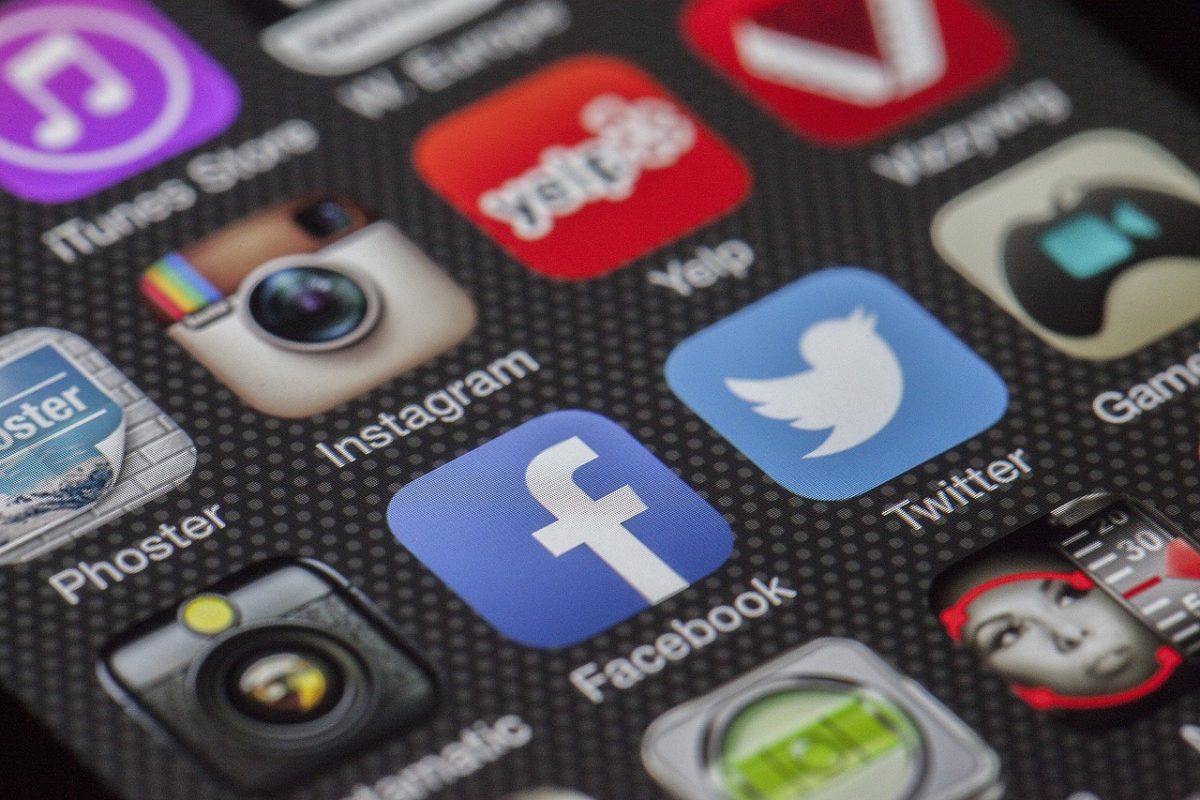Social media has become intertwined with our daily lives. Billions of people log on to applications like Instagram, Twitter, and TikTok. While social media has revolutionized communication and connectivity, making the world much more connected, it has also caused some of the biggest problems we face as humans. One of the worst issues with social media is addiction. The incessant streams of notifications, likes, and comments lead to an addiction, causing excessive hours on feeds and pages. With so much stimulation, sleep deprivation, and squandered time, social phobia and other social problems unheard of fifty years ago have become the societal norm. Social media deteriorates real-world relationships, causing unnecessary discord between companions. Excessive use results in fewer face-to-face interactions and meaningful conversations.
Social media conjures feelings of abhorrence, pride, and ego due to its nature of being hidden behind a screen. Some argue that social media positively affects people’s social well-being, but I disagree with this argument. Social media’s flaws outweigh its benefits by a mile. The addictive nature of social media can lead to health issues. Excessive use leads to feelings of isolation and prohibits the face-to-face interactions we humans need. We have entered an age where an electrical device is more common in the hands of a child than a toy or ball. Why should social media be allowed in the hands of children and teenagers who aren’t mature enough to understand these things?
Technological Slavery
Social media could only be referred to as technological slavery. Comparing social media to slavery may come off as very extreme. However, with its capability to ensnare us onto a screen for hours at a time and release us only when we as humans need to fill our needs, would it be overtly dramatic to say so? The human desire to go outside, explore, and communicate has been replaced by temporary euphoria and immediate satisfaction through a screen. Almost like a domino effect, the drive of young men and women to progress themselves and achieve something higher has also dropped. Laziness and incompetence run rampant amongst our young population, shackled by their phones designed to be addictive.
Comparison: The Thief of Joy
Constantly scrolling through extravagant profiles, people living high lives, and going on vacations make people feel inferior. Working for years to better yourself only to see someone complete the same amount in half the time, like a thief of joy, that person would feel incompetent and unwanted to someone they would never meet, only to be seen through a screen. Situations like these psychologically affect a user’s feelings of hatred toward oneself or the person displayed on the screen or perhaps a subservient feeling, it is almost like suicide when looked at blatantly. A process that destroys one’s self-esteem and confidence, developing social anxiety disorders as a result of the constant exposure. This would significantly affect teenagers, as their minds are very malleable and fragile, and they could take the constant exposure incorrectly. There are teenagers all over the globe already affected by social media; they often end up introverted and unable to speak to others or with speech problems from the lack of conversations in childhood.
Effects on Children
Children will always be curious about their surroundings and the world, so it’s no wonder that they’ve managed to find out about social media. Social media doesn’t have to be Instagram or Facebook. YouTube is also considered a social media platform; videos are shared by those trying to make a profit or have a positive effect on others. The problem arises when influencers and vloggers make cash grabs directly aimed at children. The extravagant thumbnails and eye-grabbing titles have children dragged in. This wouldn’t be so bad if, more often than not, these videos did not contain such addicting and horrible content for a child to view. With the addictive nature of the content, it also makes it hard for children to let go of the content. There are examples of children screaming, crying, and throwing tantrums because they did not receive their phones or tablets. These behaviors also don’t go away quickly, as they will be carried on into their teenage years and, if not corrected, even into their adult years.
Health Problems
The health of people, both mentally and physically, is being drained away by social media. Although life expectancy increases, morbidity and obesity have increased over the years as social media has, A research study conducted by Primack, B. A., and Shensa A. states, “The state that occurs when an individual lacks true engagement with others, a sense of social belonging, and a satisfying relationship is related to increased mortality and morbidity.” Social media can be linked to mortality, disease, and obesity. The general health of the population within America has taken a downturn compared to fifty years ago. Although there are more factors contributing to increased obesity and diseases, it is not insane to say the two correlate.
In conclusion, social media has completely reworked human physiology; its negative impact on humanity has outweighed the benefits. No amount of connectivity could equal the mental and physical troubles we would face as a human race. The “convenience” of social media has connections to increased morbidity and fatality, social disorders, incompetence, and diffidence. It has caused children to become addicted to apps and teenagers to have difficulty developing. As we enter a new era, it is important that we delve deeper into new ways of connecting ourselves. We must develop healthy habits and relationships to safeguard our minds and bodies. It is important that we all work together to develop healthy social capital in this increasingly digital world.

